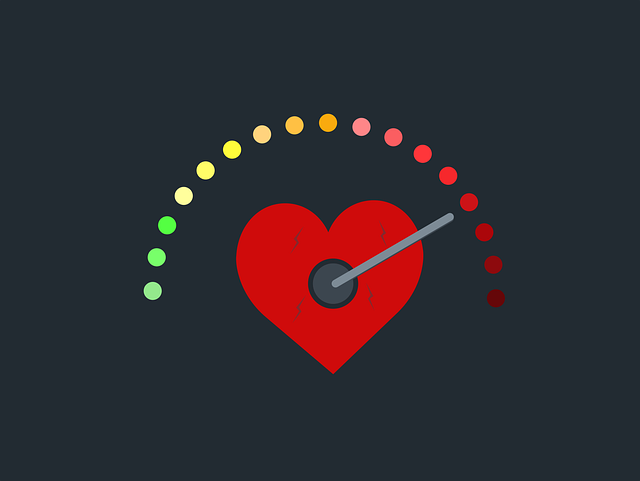Cholesterol is a waxy molecule found in your blood that is necessary for the development of healthy cells. However, high cholesterol levels can lead to major health problems, including heart disease. Understanding how cholesterol causes heart disease and how to control it through diet is critical for cardiovascular health.
The Role of Cholesterol in Heart Disease
Cholesterol travels through the bloodstream in two main forms: low-density lipoprotein (LDL) and high-density lipoprotein (HDL).
- LDL Cholesterol: Often referred to as “bad” cholesterol, LDL can build up in the walls of arteries, forming plaques. This process, known as atherosclerosis, narrows the arteries and restricts blood flow. Over time, these plaques can rupture, leading to blood clots that may cause heart attacks or strokes.
- HDL Cholesterol: Known as “good” cholesterol, HDL helps remove LDL cholesterol from the bloodstream. Higher levels of HDL are associated with a lower risk of heart disease.
When there is an imbalance between LDL and HDL levels—specifically when LDL levels are elevated—there is an increased risk of developing heart disease. Factors contributing to high cholesterol include a diet high in saturated fats and trans fats, lack of physical activity, obesity, smoking, and genetics.
Diets to Manage Cholesterol
Managing cholesterol levels through diet is vital for reducing the risk of heart disease. Here are some dietary strategies to help maintain healthy cholesterol levels:
- Increase Healthy Fats:
- Monounsaturated Fats: Foods like olive oil, avocados, and nuts can help lower LDL cholesterol.
- Omega-3 Fatty Acids: Fatty fish such as salmon, mackerel, and sardines are rich in omega-3s, which can improve heart health.
- Reduce Saturated and Trans Fats:
- Limit intake of red meat and full-fat dairy products.
- Avoid processed foods that contain trans fats (often listed as partially hydrogenated oils).
- Eat More Fiber:
- Soluble fiber helps reduce LDL cholesterol levels. Foods high in soluble fiber include oats, beans, lentils, fruits (like apples and citrus), and vegetables.
- Incorporate Plant Sterols and Stanols:
- These substances found in plants help block the absorption of cholesterol. They are added to certain margarine spreads and yogurt drinks.
- Limit Sugar Intake:
- High sugar consumption can lead to weight gain and increased triglycerides, another type of fat in the blood that can raise heart disease risk.
- Stay Hydrated:
- Drinking plenty of water supports overall health and helps maintain proper bodily functions.
- Maintain a Balanced Diet:
- Focus on whole foods such as fruits, vegetables, whole grains, lean proteins, and healthy fats while minimizing processed foods.
Conclusion
Cholesterol plays a significant role in the development of heart disease by contributing to arterial plaque formation through elevated LDL levels. By understanding how cholesterol affects heart health and implementing dietary changes to manage cholesterol levels effectively, individuals can significantly reduce their risk of cardiovascular diseases.Adopting a heart-healthy diet not only helps maintain optimal cholesterol levels but also promotes overall well-being. Regular check-ups with healthcare providers can further assist in monitoring cholesterol levels and making informed dietary choices for a healthier heart.


